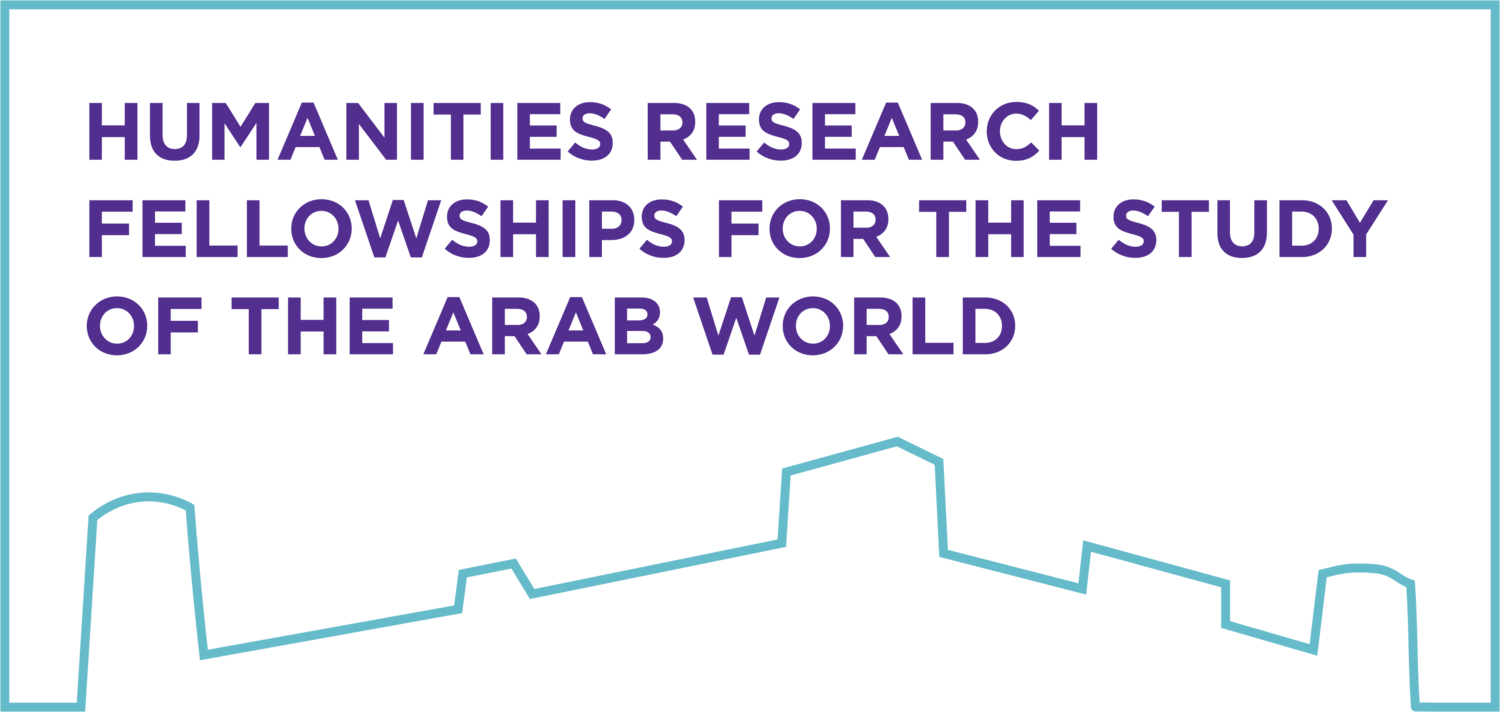As with many of the newly minted countries of the post-colonial world, in the process of constructing the nation and its identity, Iraq’s past became an essential element for inventing appropriate traditions to rally for the coherence of their new imagined community. The process involved delving into what they identified as the unique cultural features of their past and reimagining their role in their present. Istilham, coined, initiated and promoted by the Baghdad Group for Modern Art, was this process that consequently launched a lasting approach for Iraqi art till today. Formed in 1951 by artists Jewad Selim and Shakir Hassan Al Said, the Baghdad Group for Modern Art marked a shift in modern art, advocating istilham as the means to resolve the problematic of representation of their time. Istilham was not only a philosophical approach but also an attitude towards negotiating aesthetics that became foundational in forming Iraqi modern art vocabulary through examples of works of art and their trajectory beyond the Baghdad Group. Most importantly, istilham enabled their more meaningful transition to and negotiation of abstraction.
Speakers
Nada Shabout, Senior Humanities Research Fellow, NYUAD
Moderated by
Tina Sherwell, Director of Masters in Fine Arts; Visiting Assistant Professor of Art and Art History, NYUAD
In Person (NYUAD Campus) and on Zoom
The seminar is open to the NYUAD community and by invitation. Registration has closed.

